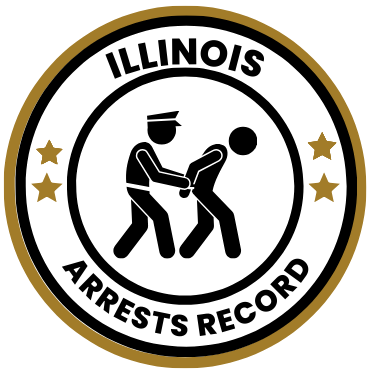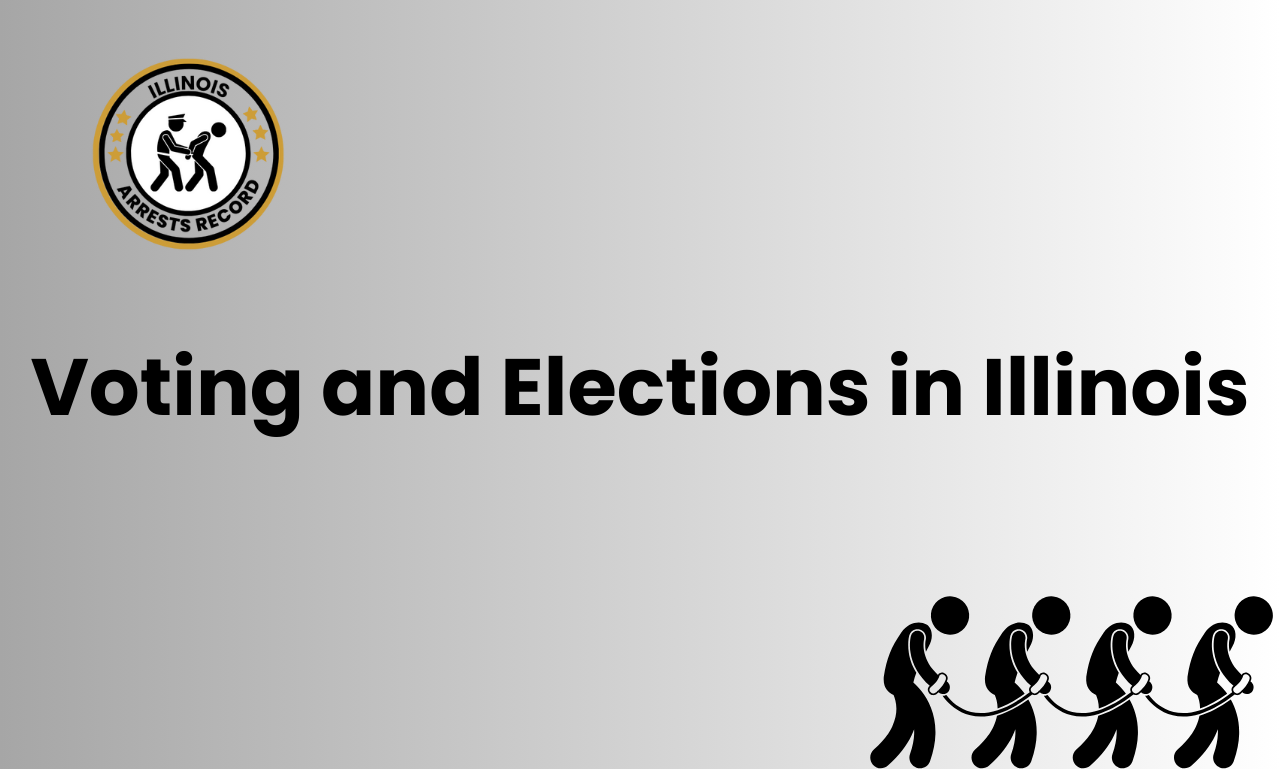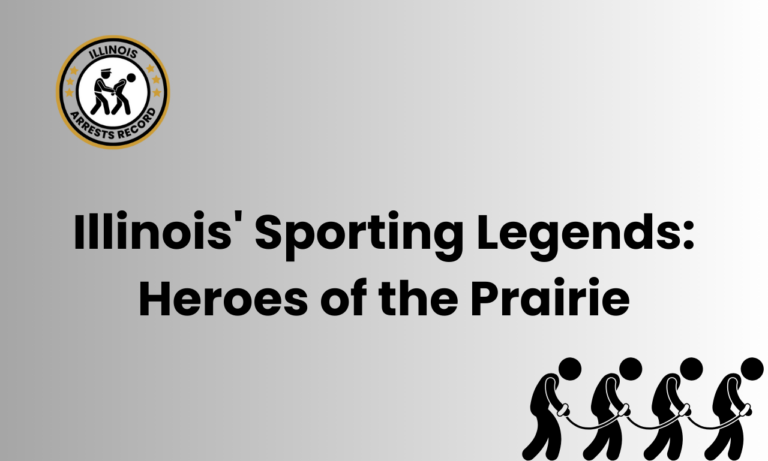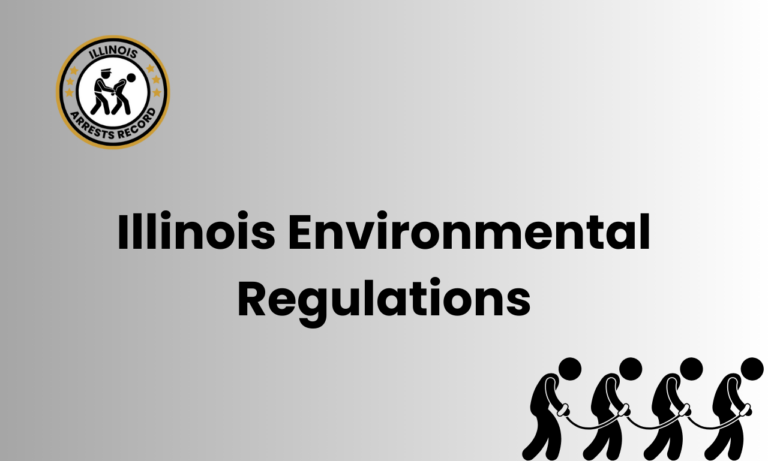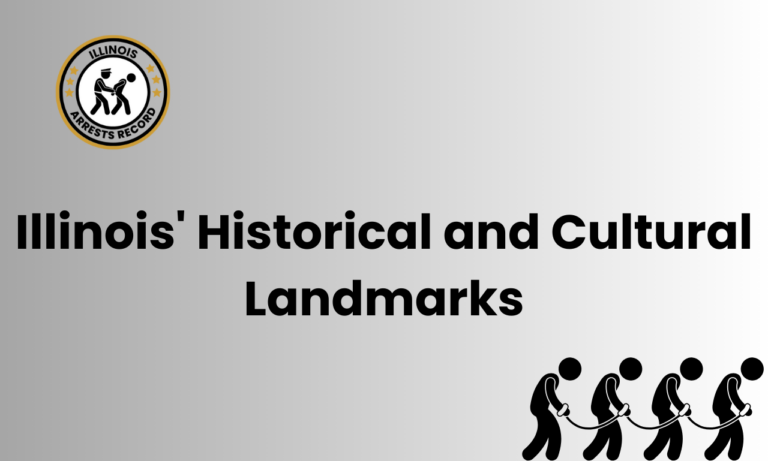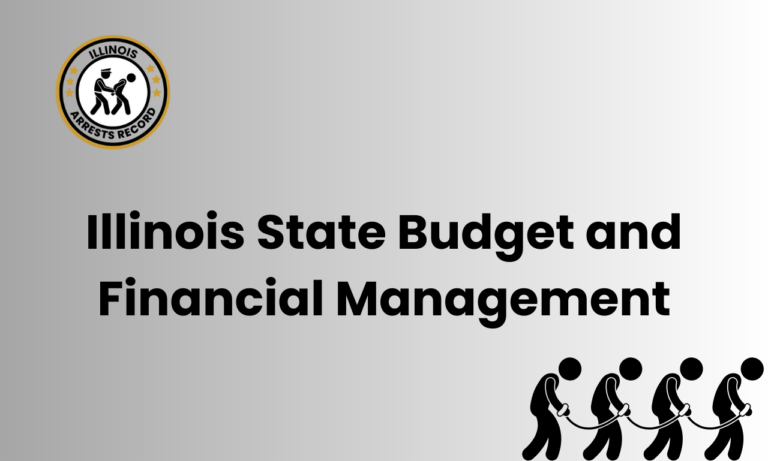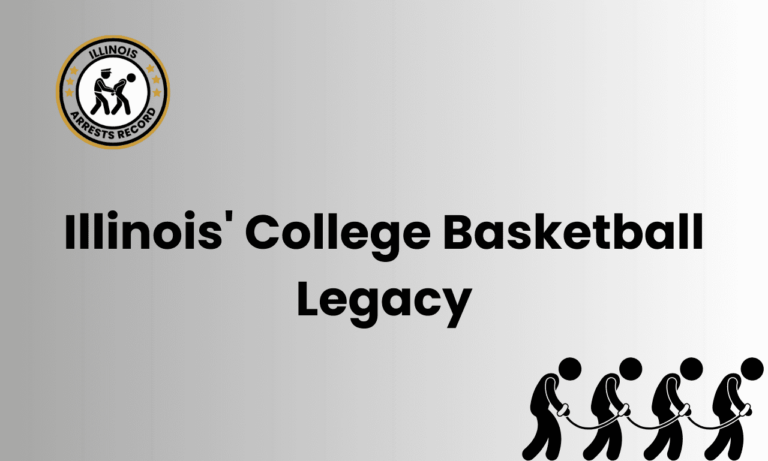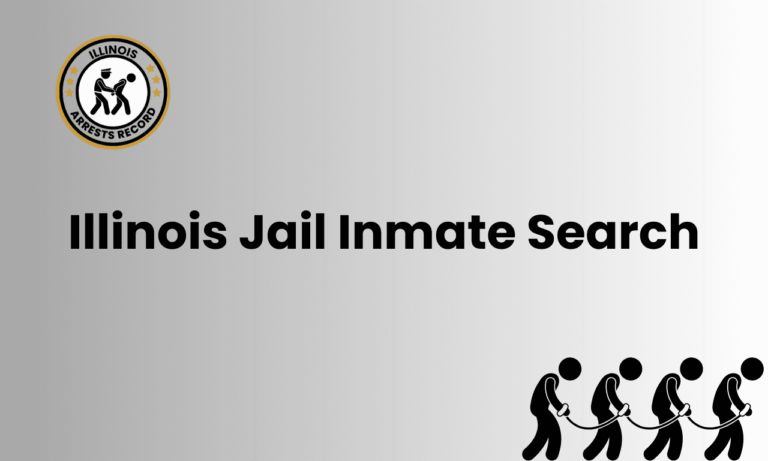Voting and Elections in Illinois
Discover the democratic process in Illinois and uncover the intricate world of voting and elections. From the bustling streets of Chicago to the peaceful rural communities, every citizen has a voice that matters. In this informative guide, we will explore the rich history, laws, and procedures that shape the electoral landscape in the Land of Lincoln.
Learn about the rights and responsibilities of voters, the importance of voter registration, and the various methods of casting a ballot. Delve into the diverse range of elected positions, from local offices to the prestigious role of Governor. Gain insight into the primary and general election processes, and understand how candidates campaign and compete for public office.
Exploring Voter Rights and Responsibilities
Understanding the democratic process begins with recognizing the rights and responsibilities of voters. In Illinois, every citizen has the privilege and duty to participate in shaping the future of their communities and the state as a whole.
Importance of Voter Registration
Before casting a ballot, it is essential to complete the voter registration process. Registering to vote ensures that your voice is heard and allows you to exercise your right to choose the leaders who will represent your interests.
Casting Your Ballot
There are various methods available to cast a ballot in Illinois. From in-person voting on Election Day to early voting and mail-in ballots, the state provides multiple options to accommodate different schedules and circumstances.
Exploring Elected Positions
The electoral landscape in Illinois encompasses a diverse range of elected positions, each playing a vital role in governing the state and local communities.
Local Offices
At the local level, citizens have the opportunity to elect officials who directly impact their immediate surroundings. From mayors and city council members to county commissioners, these elected positions shape the policies and decisions that directly affect everyday life.
Statewide Roles
Illinois boasts a wide array of statewide elected positions, including the prestigious role of Governor. These officials hold significant power and influence, making decisions that impact the entire state.
Understanding Elections
To fully comprehend the electoral landscape, it is crucial to delve into the primary and general election processes. Primary elections determine each political party’s candidate, while general elections decide who will hold the elected positions.
The Art of Campaigning
Candidates competing for public office employ various strategies and tactics to garner support from voters. Understanding the methods and techniques used in political campaigns provides insight into the competitive nature of elections.
FAQ’s
What is the history of voting in Illinois?
Illinois has a long and storied history when it comes to voting. The state’s first constitution, adopted in 1818, granted suffrage to all white males over the age of 21 who owned property. Over the years, voting rights expanded to include African Americans, women, and 18-year-olds. Today, Illinois is known for its commitment to ensuring equal access to the democratic process.
How do I register to vote in Illinois?
Registering to vote in Illinois is a simple and straightforward process. You can register online through the Illinois State Board of Elections website, by mail, or in person at various locations such as your local county clerk’s office, public libraries, or the Department of Motor Vehicles. Make sure to have your valid ID and proof of residency handy when registering.
Illinois offers several options for casting a ballot. You can vote in person on Election Day at your designated polling place. Early voting is also available, allowing you to cast your vote at designated locations before Election Day. Additionally, you can request a mail-in ballot if you are unable to vote in person.
Illinois has a wide range of elected positions, from local offices to statewide positions. At the local level, citizens can vote for mayors, aldermen, county board members, and school board members. At the state level, voters have the opportunity to elect the Governor, Lieutenant Governor, Secretary of State, Attorney General, Comptroller, and Treasurer, among others.
In Illinois, primary elections are held to determine each party’s candidates for the general election. During the primary, voters choose their preferred candidate from each party to represent them in the general election. The general election then takes place to decide the final winner for each elected position.
Conclusion
By exploring the rich history, laws, and procedures that shape the electoral landscape in Illinois, you can gain a comprehensive understanding of the democratic process. From voter registration to casting a ballot and electing officials at the local and statewide levels, every step plays a significant role in shaping the future of our great state.
